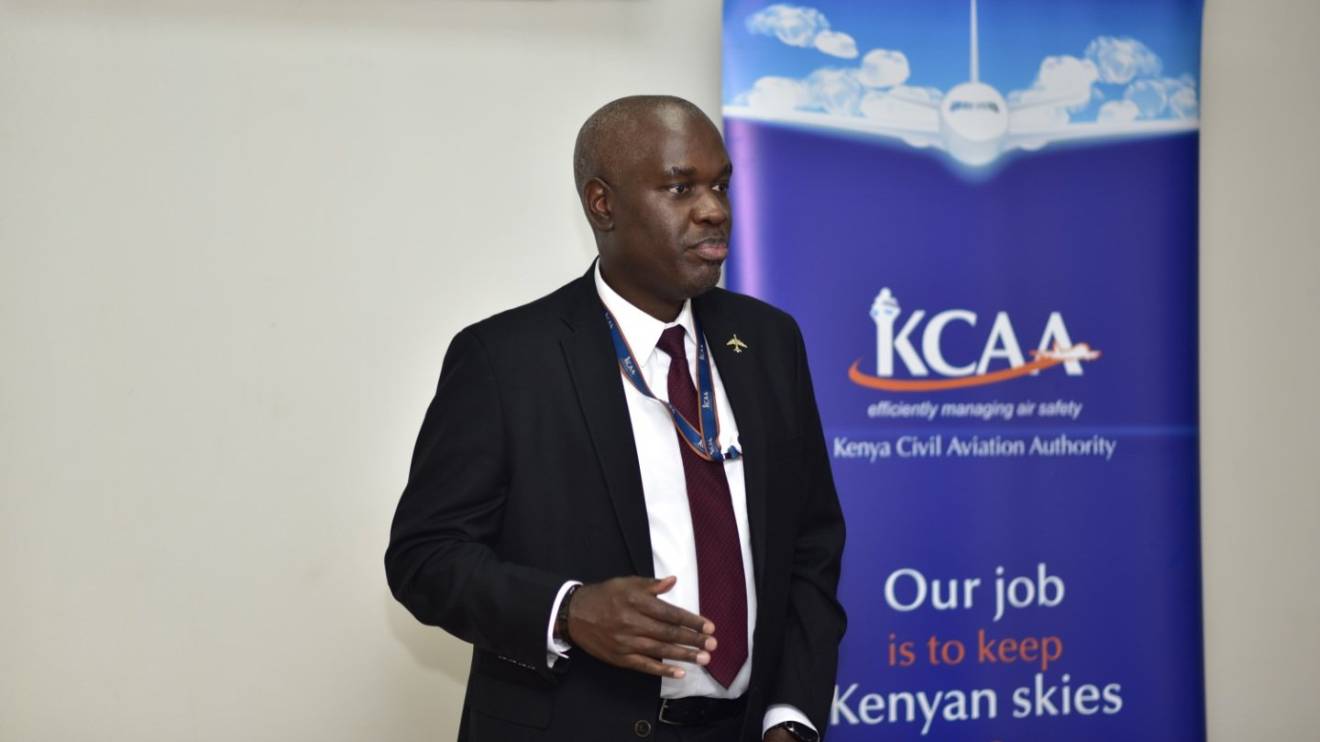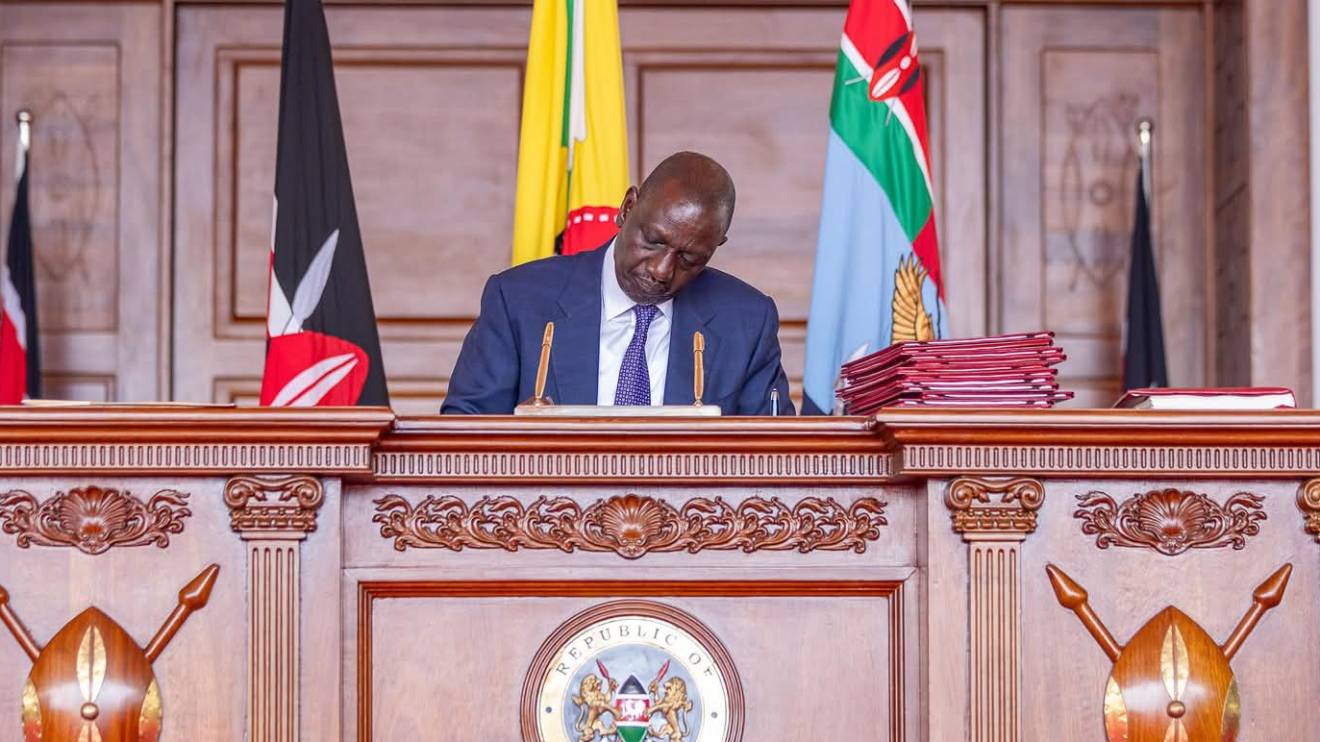Kenya’s telecommunications industry is staring at sweeping changes as the Ministry of ICT and the Digital Economy proposes fresh rules compelling operators to share infrastructure such as masts, fibre-optic lines, and towers.
The draft Kenya Information and Communications (Infrastructure Sharing) Regulations, 2025, published in a gazette notice by Cabinet Secretary William Kabogo, outline plans to cut duplication of network installations and drive down costs.
Service providers would be obligated to grant competitors access to base stations, ducts, poles, and data centres on what the government terms fair and non-discriminatory terms.
Officials argue the new framework is designed to expand affordable digital access nationwide and prevent a handful of firms from monopolising critical facilities.
Smaller players, in particular, stand to gain from lower entry costs, aligning with the Kenya Kwanza administration’s push for broader digital penetration.
Read More
The draft states, “The proposed Regulations seek to provide for the general requirements for the issuance of a licence, including the procedures for the application, renewal, revocation and transfer of a licence (g) the proposed Kenya Information and Communications (Infrastructure Sharing) Regulations, 2025 have been made pursuant to section 85A (3) of the Kenya Information and Communications Act, Cap. 411A.”
It further notes, “The main objective of the proposed Regulations is to provide a regulatory framework for the sharing and access of Information Communication and Technology infrastructure.”
Yet, while the reforms could lower costs and streamline urban development, industry players caution that infrastructure sharing carries risks, including sabotage, overuse, and the loss of competitive differentiation.
The proposals also seek to address environmental and health concerns tied to the proliferation of masts, especially in towns where county governments and residents have raised objections.
The Ministry says mandatory sharing would help reduce clutter and improve urban planning.
Beyond infrastructure, the regulatory package sets out extensive reforms in broadcasting, spectrum allocation, tariffs, consumer protection, postal services, and fair competition.
Tighter rules would require operators to improve customer service, enhance data security, and raise the quality of service standards.
Spectrum management will also be closely monitored to ensure equitable allocation of the limited national resource, while broadcasting reforms aim to encourage more local content and a diversity of voices.
The Ministry has invited the public to provide feedback within 14 days before the regulations are finalised.






-1753785125.jpeg)



